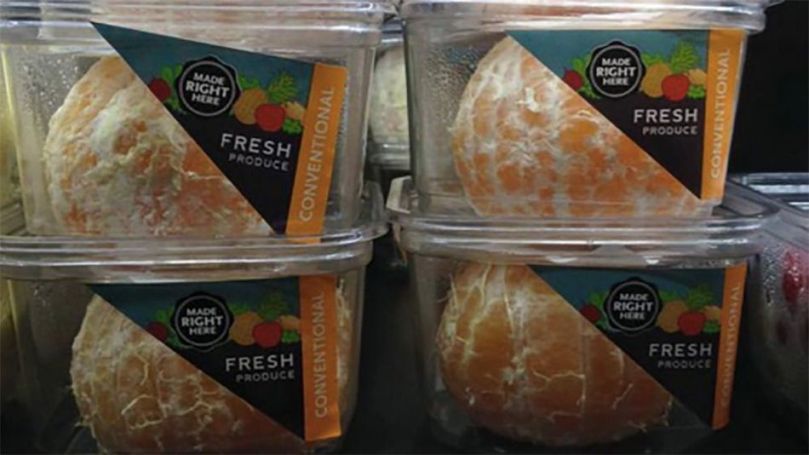It was a true irony when Whole Foods started selling peeled oranges by replacing the natural peel with a plastic container. For an organic and natural food retailer, this was a cardinal sin.
Whole Foods quickly recognized their mistake and retracted the product.
It should be obvious how critical it is to meet BOTH the tangible needs and core values of your customers. Selling plastic-packaged peeled oranges makes very little sense when you evaluate that product from the point of view of their customer’s core values (generally, they value natural, organic materials and wish to minimize their burden on the environment). At first glance, this seems like an obvious mistake of Whole Foods; a moment of insanity by the produce manager. 😱
But less obvious from Whole Foods’ mistake is a hidden lesson: What can we do to make it as easy as possible for customers to consume our products/services? 💡
At this point in my life, I would never purchase a peeled orange. I don’t want to spend the money on it, plus it doesn’t seem as sanitary, and it does seem wasteful to have to throw away the plastic packaging. However, for a segment of customers with specific needs (use-case) the peeled orange was very helpful. Assuming it’s easier to open these plastic containers, pre-peeled oranges can be a great convenience to people who have limited use of their hands from injury or diseases such as arthritis or rheumatism. And for customers who have a preference for traditional, non-peeled oranges, those are still available for purchase.
The lesson I learn from Whole Foods’ mistake is to make it as easy as possible for customers to access your product. The easier it is to consume the more people will buy AND/OR you’ll attract new customers who will now be able to buy your product.
What do you learn from this?
